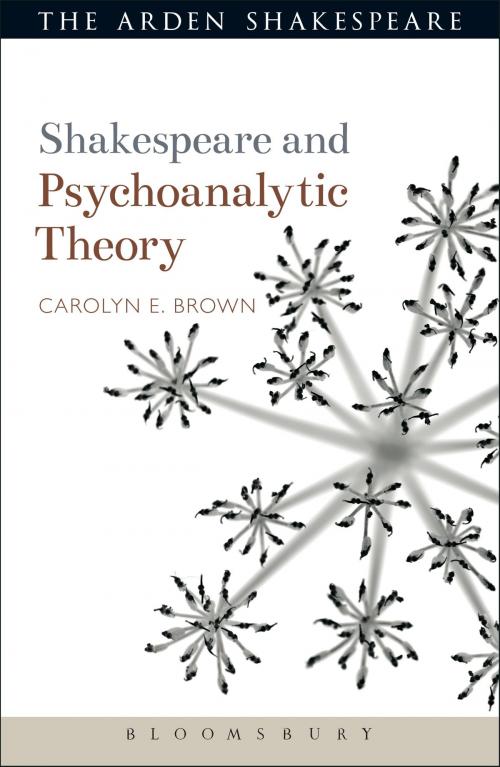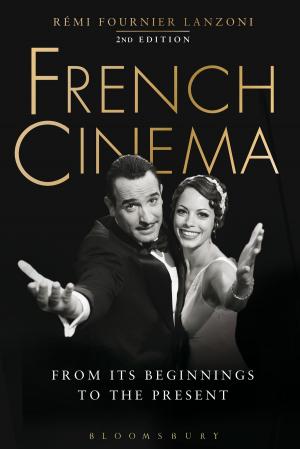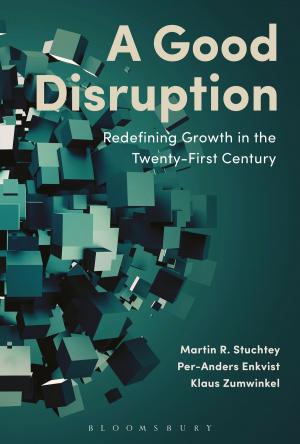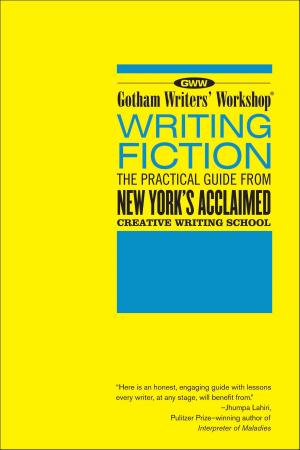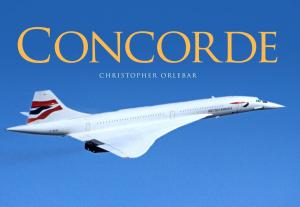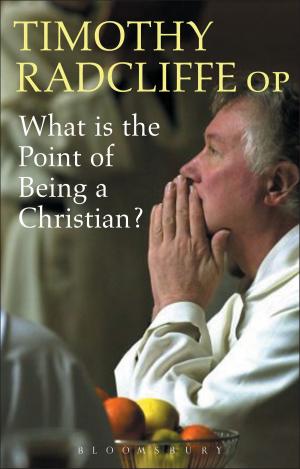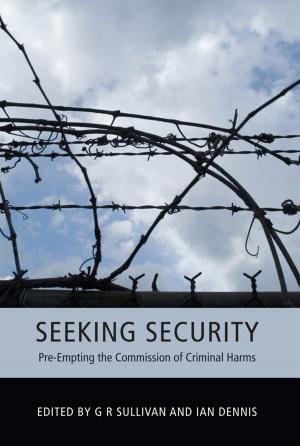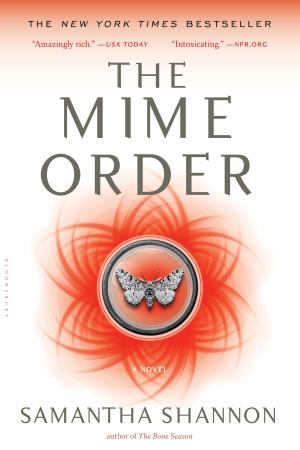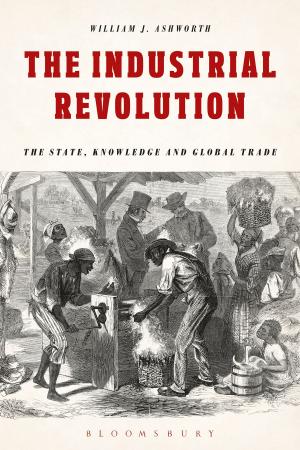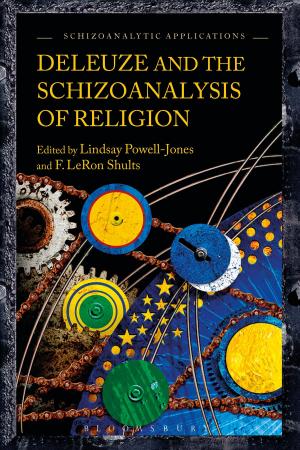Shakespeare and Psychoanalytic Theory
Fiction & Literature, Literary Theory & Criticism, British, Theory| Author: | Dr Carolyn Brown | ISBN: | 9781474216128 |
| Publisher: | Bloomsbury Publishing | Publication: | September 24, 2015 |
| Imprint: | The Arden Shakespeare | Language: | English |
| Author: | Dr Carolyn Brown |
| ISBN: | 9781474216128 |
| Publisher: | Bloomsbury Publishing |
| Publication: | September 24, 2015 |
| Imprint: | The Arden Shakespeare |
| Language: | English |
Although psychoanalytic criticism of Shakespeare is a prominent and prolific field of scholarship, the analytic methods and tools, theories, and critics who apply the theories have not been adequately assessed. This book fills that gap. It surveys the psychoanalytic theorists who have had the most impact on studies of Shakespeare, clearly explaining the fundamental developments and concepts of their theories, providing concise definitions of key terminology, describing the inception and evolution of different schools of psychoanalysis, and discussing the relationship of psychoanalytic theory (especially in Shakespeare) to other critical theories. It chronologically surveys the major critics who have applied psychoanalysis to their readings of Shakespeare, clarifying the theories they are enlisting; charting the inception, evolution, and interaction of their approaches; and highlighting new meanings that have resulted from such readings. It assesses the applicability of psychoanalytic theory to Shakespeare studies and the significance and value of the resulting readings.
Although psychoanalytic criticism of Shakespeare is a prominent and prolific field of scholarship, the analytic methods and tools, theories, and critics who apply the theories have not been adequately assessed. This book fills that gap. It surveys the psychoanalytic theorists who have had the most impact on studies of Shakespeare, clearly explaining the fundamental developments and concepts of their theories, providing concise definitions of key terminology, describing the inception and evolution of different schools of psychoanalysis, and discussing the relationship of psychoanalytic theory (especially in Shakespeare) to other critical theories. It chronologically surveys the major critics who have applied psychoanalysis to their readings of Shakespeare, clarifying the theories they are enlisting; charting the inception, evolution, and interaction of their approaches; and highlighting new meanings that have resulted from such readings. It assesses the applicability of psychoanalytic theory to Shakespeare studies and the significance and value of the resulting readings.
